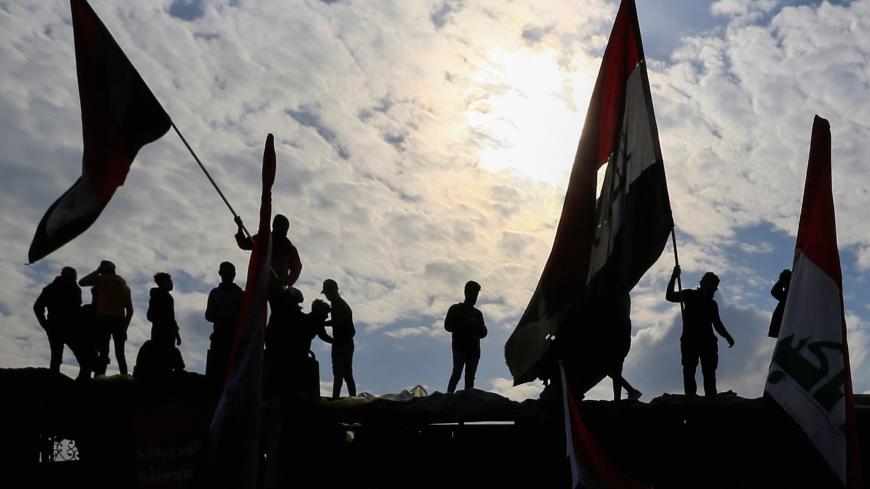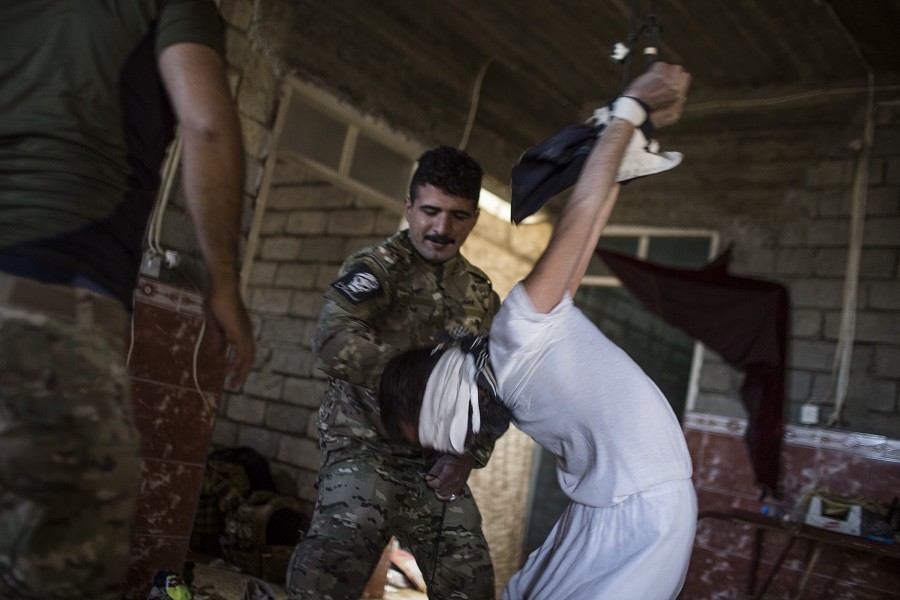The Iraqi Observatory for Human Rights renewed its claim to the Iraqi government about knowing the fate of the number of civilian activists who disappeared in the last three years in Baghdad, Babylon and Dhi Qar.
The Observatory also expressed that "the last such disappearances affected the civil activist Faraj al-Badri, who disappeared on the ninth of May.
According to activists in Dhi Qar, Badri "worked as a teacher in Dhi Qar and an activist in the movement witnessed by the province since 2015, the party behind his disappearance is still unknown.
On 19 August 2015, activists reported the disappearance of the journalist, civil activist and lawyer Aai Mansouri in mysterious circumstances in Babil province. A month later, there were other reports about the disappearance of civil activist Jalal al-Shammani.
More than two years have passed since the disappearance of al-Mansuri and al-Shammani. The unknown fate is now their destiny. It is a terrible
violation of human rights and fundamental freedoms moreover it places Iraq on the list of the most violated country of human rights.
In section 2 of the International Convention for the Protection of all persons from Enforced Disappearance, enforced disappearance is defined as "arrest, detention, abduction or any other form of deprivation of liberty committed by State agents, persons or groups of individuals acting with the permission or support of the State Or with their consent, followed by a refusal to recognize deprivation of liberty or concealment of the fate or whereabouts of the disappeared person, thereby depriving him of the protection of the law.
The Convention states that "the practice of general or systematic enforced disappearance is a crime against humanity".
Since the 1980s, Iraq has led the list of countries in terms of the number of individuals who forcibly disappeared, despite being one of the first countries to ratify the Convention. The number is 16,408 cases of forced disappearance in Iraq that have not yet been resolved between 1980 and 2015. 39 cases of disappearance were reported after 2003, according to the latest report of the United Nations Working Group on Enforced or Involuntary Disappearances.
The actual number is necessarily much higher, with enforced disappearances for sectarian reasons during the years of civil war almost a decade ago. The Iraqi High Commission for Human Rights indicated that it received 14 reports of enforced disappearances in 2014 and 29 in 2015.
Although there is a movement to legislate a federal law to protect people from enforced disappearance, there's a need for political, judicial and administrative support and commitment, and the effective inclusion of the Iraqi government and its judicial and administrative institutions to cooperate in pursuing violators and applying sanctions.
The Iraqi Observatory for Human Rights requires the Iraqi government and concerned parties to take the necessary steps to reduce the practice of enforced disappearance, to follow up on outstanding cases and to provide support and compensation for the families of the disappeared ones.
The Observatory asserts that the continued lack of interest of Iraqi governments in cases of enforced disappearance may harm Iraq's reputation in the human rights record and place it at the forefront of countries experiencing terrible human rights violations. Committees established at earlier times to investigate enforced disappearances must report their findings and not postpone their results.



